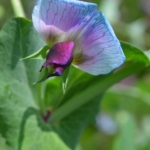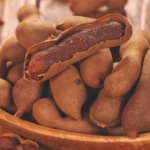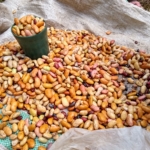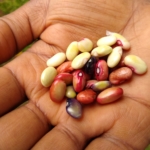


Mekelle University
Cornell University, Clark University, Ethiopian Biodiversity Institute, Haramaya University, Addis Ababa University, Jimma University, Wollo University
Ethiopia
11/2017—11/2019
Ethiopia is a center of diversity for several food legumes and these provide Ethiopia’s smallholder farmers with critical sources of nutritious food, fodder, fertilizer, cash income and cultural uses. However, the government’s strategy to improve smallholder agriculture involves promoting a few “high yielding” varieties released by research centers. The displacement of farmer landraces, which are viewed as unproductive, threatens legume diversity and could harm farmers’ interests in various ways.This is the second phase of a successful project in which teams at five Ethiopian Universities are collaborating to document legume land race diversity. The project highlights the importance of farmers’ local knowledge and the opportunities for integrating it with global knowledge to improve the performance of agricultural systems in Ethiopia.The project will continue to build the capacity of young Ethiopian researchers to conserve and utilize the various legume species for the good of farming communities and the environment. These students will serve as agroecological research champions in a system that is more oriented to input-intensified agriculture. Current policies favor the promotion of a few varieties released by research centers, which can threaten the country’s agricultural heritage and resilience.
The purpose of this request is to support the continued development of a knowledge base documenting the state of intra- and inter-specific food legume diversity and of farmers’ indigenous botanical and agricultural knowledge farmers about their landraces’ food uses, their management and ecological and socioeconomic roles in local farming systems in Ethiopia. A new feature of the second phase is to follow up on—and verify experimentally—farmers’ knowledge of special traits associated with especially valued landraces. The project will also contribute to the development of an expanding network of well-trained Ethiopian experts in agricultural biodiversity.
Outputs
Outcomes



